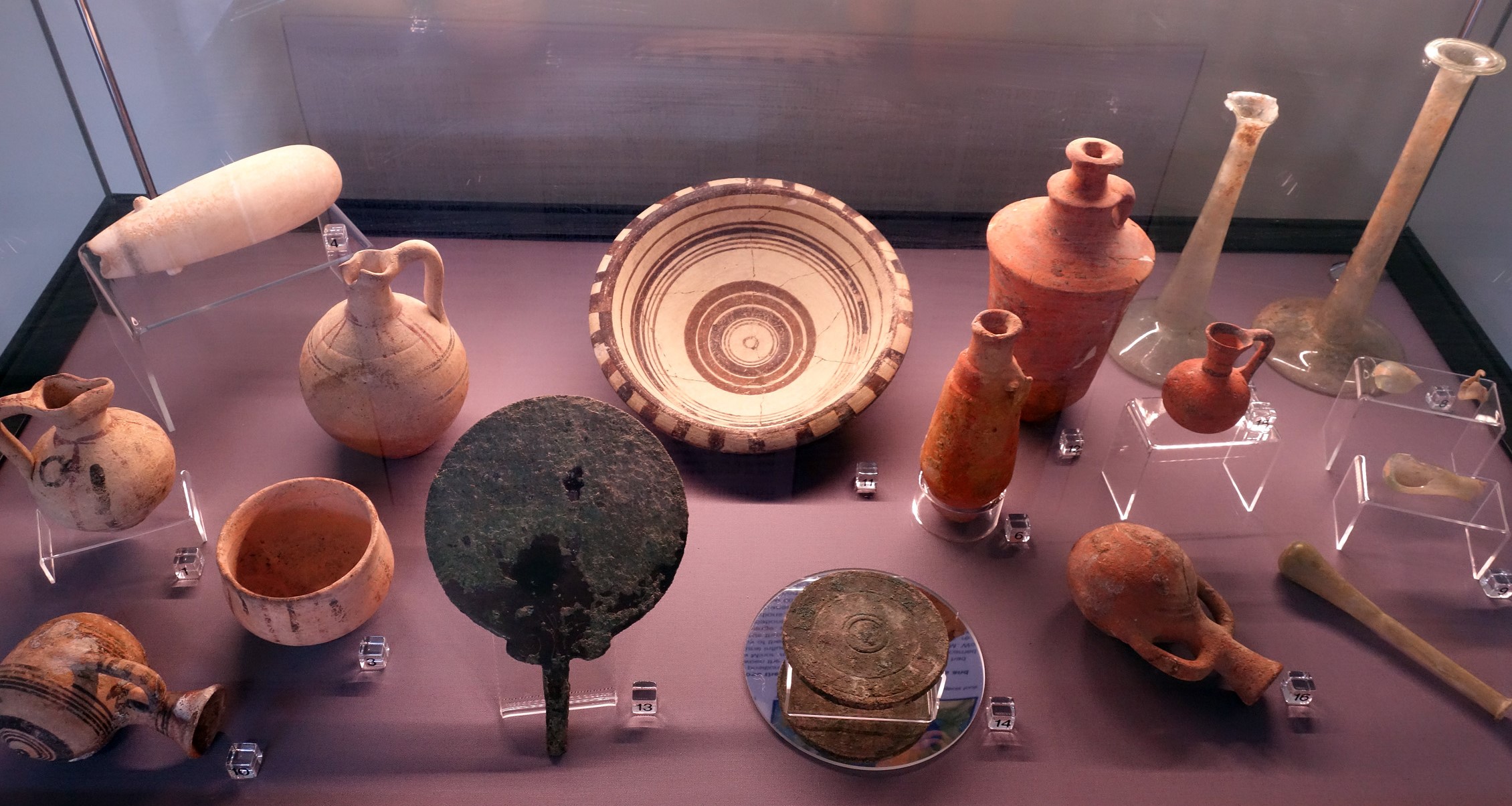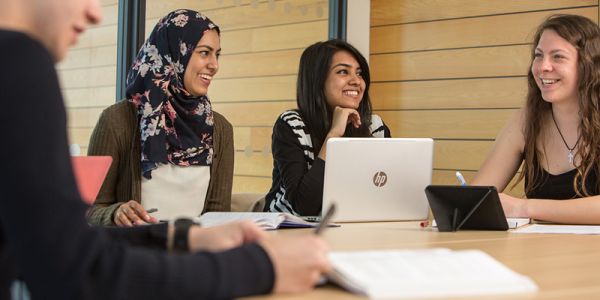Centre for Ancient World and Classical Reception Studies
Centre for Ancient World and Classical Reception Studies
A supportive and inclusive home for the thriving community of Classics researchers at the University of Leeds

Our research
The Centre for Ancient World and Classical Reception Studies was established in 2024 as a focal point for the thriving research community in Classics at Leeds. It provides a supportive and inclusive home for this growing community of researchers at all career stages, and fosters interdisciplinary and cross-subject links. It hosts regular research events inviting world renowned international experts to present their research and engage with the research community in LCS.
The Centre promotes the study of the ancient world, including but not limited to the ancient Greco-Roman world, and the study of ancient cultures beyond the Mediterranean. The Centre’s members encompass the disciplinary diversity of research in this area, which spans history, literature, language, art, thought and culture. We also have particular interests in the study of the reception of classical antiquity from Late Antiquity and the Middle Ages to the present, welcoming interdisciplinary, decentring and decolonizing perspectives.
The Director of the Centre is Dr Bev Back.

A Cypriot pottery collection on display in the University of Leeds' School of Languages, Cultures and Societies
People
Discover the expertise of staff involved in our work, including details of research specialisms and recent publications.
More on PeopleResearch
Members of our network are engaged in a wide range of research activities examining the ancient world
More on ResearchPGR Supervision
The Centre’s members welcome enquiries and applications for Ph.D and MAR study in the following areas of specialism:
- Dr Bev Back: Post-Augustan Latin epic poetry; Classical reception in TV, film and music; neurodivergence and education; Classics and class.
- Dr Henry Clarke: Roman history, archaeology, material culture and historiography; Iron Age and Roman Iberia; identity; cultural change; landscape studies; historical receptions.
- Dr Sam Gartland: Ancient Greek history; Classical Archaeology; Ancient Boiotia; Ancient Thebes; The Peloponnesian War; Aristophanes; Alexander the Great; Pausanias.
- Dr Penelope Goodman: Roman urban space; receptions of the emperor Augustus,
- Dr Owen Hodkinson: Ancient epistolary literature, especially love letters and fictional letters; Imperial Greek literary culture; English literary classical receptions, especially in Children’s and Young Adult literature and in the work of Tony Harrison.
- Dr Regine May: Latin and Greek literature, especially ancient novels and comedy, Apuleius, Plautus, reception of Amphitruo and Cupid and Psyche in English and German literature since 1600.
- Dr Elizabeth Pender: Plato; ancient Greek philosophy, particularly the literary aspects of philosophical writing; ancient Greek political and cultural values; classical reception; literary theory and aesthetics.
- Dr Fabio Sarranito: Ancient Philosophy; Greek perspectives on love and homosexuality, madness and sanity, care and neglect, happiness and the good life.
- Dr Giacomo Savani: Roman archaeology; Roman Britain; ancient bathing; reception.
- Prof. Emma Stafford: Greek cultural history, especially the practice of religion in antiquity and the post-classical reception of myth.
- Dr Paul White: Latin literature and its reception (especially poetry); early modern literature in Latin and other languages; print culture; history of scholarship and education.

Centre for Ancient World and Classical Reception Studies launches at University of Leeds
A new research centre has launched in the School of Languages Cultures and…
More on Centre for Ancient World and Classical Reception Studies launches at University of Leeds


